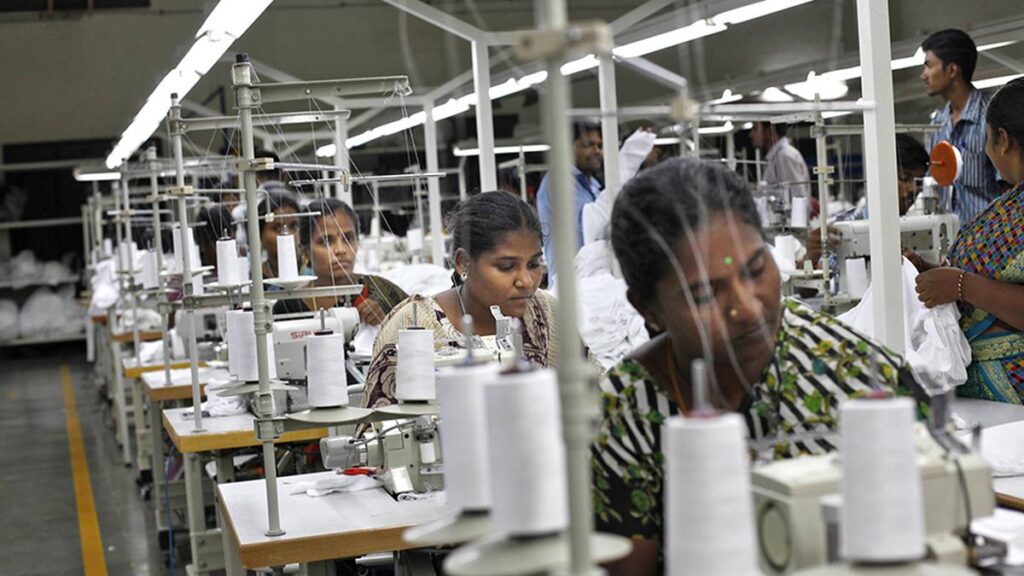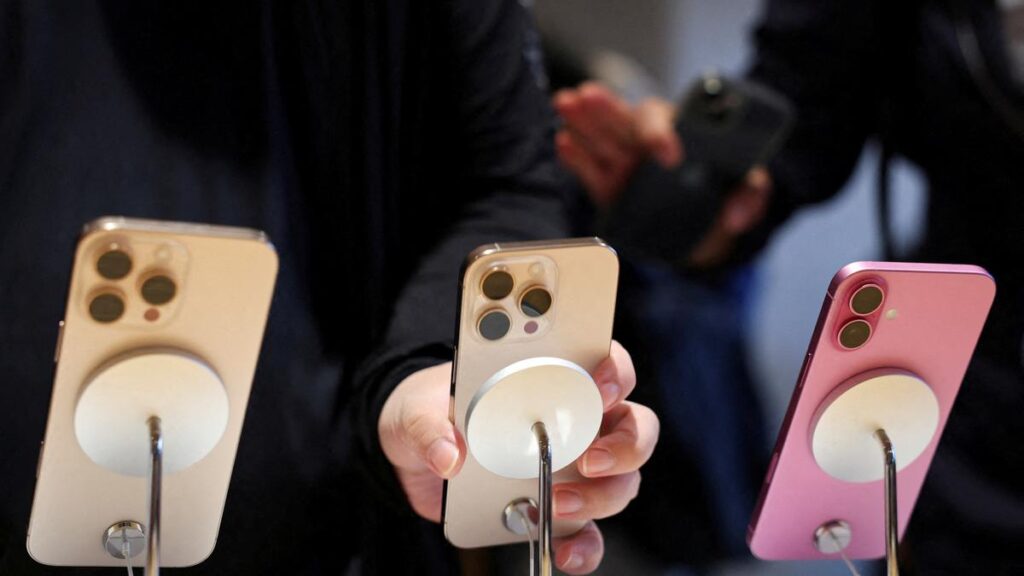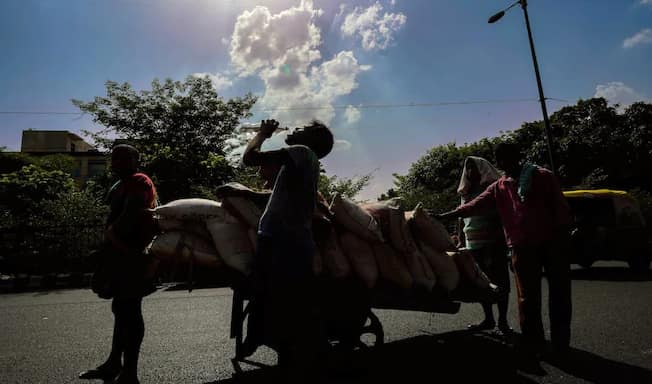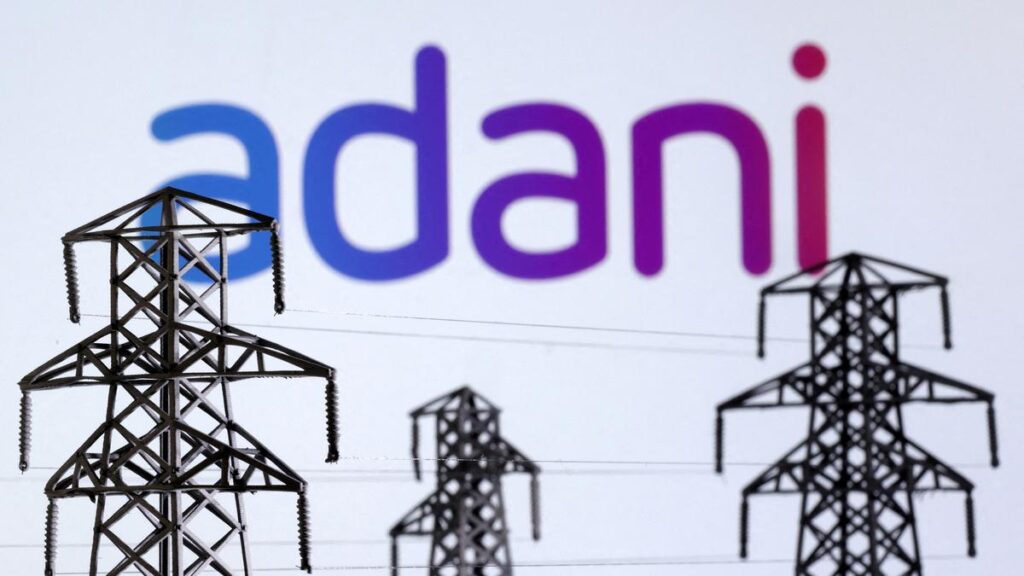[ad_1]

The Union government would be heard on August 19, 20, 21, and 26.
| Photo Credit:
Sushil Kumar Verma
The Supreme Court on Tuesday agreed to hear first a challenge raised by Tamil Nadu and Kerala against the maintainability of a Presidential Reference questioning the power of the court to draw timelines for the President and State Governors while dealing with State Bills sent for approval.
A Constitution Bench headed by Chief Justice of India BR Gavai said the hearing on the Reference would kick off on August 19 with the two States, variously represented by senior advocates KK Venugopal, AM Singhvi and P. Wilson, getting an hour to convince the court to return the Reference unanswered.
Venugopal, appearing for Kerala, said the Bench must hear the States on the question of maintainability of the Reference before the Union government began its submissions in support of the Presidential questions.
“A preliminary hearing should be held on the maintainability of the Reference. This should be done first,” Venugopal pressed.
Attorney General of India R Venkataramani intervened graciously, saying the States must get their “full say”, after which he would respond to the question of maintainability and continue with his submissions on behalf of the Reference.
The Bench, also comprising Justices Surya Kant, Vikram Nath, PS Narasimha and Atul Chandurkar, asked the parties to file their respective written submissions on or prior to August 12.
The Union government would be heard on August 19, 20, 21, and 26. The opposing parties would submit their response on August 28 and September 2, 3 and 9. The Union government would then rebut on September 10.
“Timelines must be followed scrupulously,” the Chief Justice told the lawyers.
The Bench said no lawyer, except Venugopal, would be allowed to appear online. Mehta supported wholeheartedly, says the distinguished counsel was “sui generis” (unique).
The States of Tamil Nadu and Kerala have urged the court to dismiss the Presidential Reference, arguing it was an “appeal in disguise”.
Kerala, represented by senior advocate KK Venugopal and CK Sasi, said the President could only refer questions to the Supreme Court under its advisory jurisdiction of Article 143 of the Constitution if they had not been decided by the apex court.
Quoting judicial precedents, including the 1993 Reference in the Cauvery Water Disputes Tribunal, the State said powers of the Governors and the President under Articles 200 and 201 of the Constitution have been the subject of three separate authoritative judgments in the cases filed by the States of Telangana, Punjab and, finally, Tamil Nadu on April 8.
The State pointed out that the Tamil Nadu Governor case judgment authored by Justice JB Pardiwala on April 8 had already addressed in detail the questions raised in the Presidential Reference in May.
“When the Supreme Court in its adjudicatory jurisdiction pronounces its authoritative opinion on a question of law, it cannot be said that there is any doubt about the question of law or the same is res integra so as to require the President to know what the true position of law on the question is. The decision of this court on a question of law is binding on all courts and authorities. Hence, the President can refer a question of law only when this court has not decided it,” Kerala submitted.
If the government wanted to challenge the April 8 judgment, it should have filed a review or a curative petition in the apex court, and not take the route of Presidential Reference, Kerala has contended.
Published on July 29, 2025
[ad_2]
Source link





